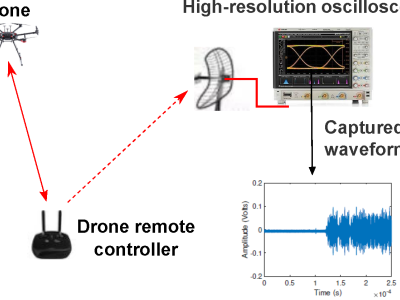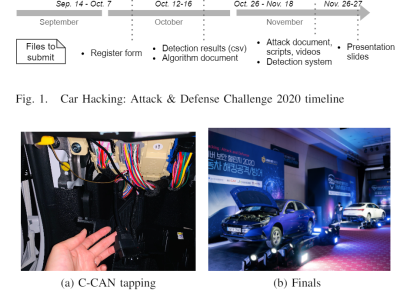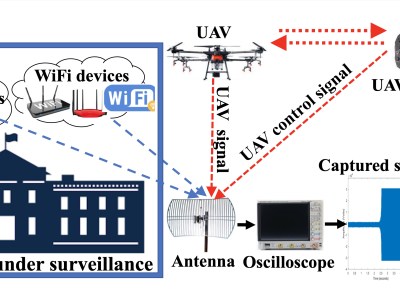Feature Investigation of a Segmented Poles Quasi- Halbach T-LSM: Application to Free Piston Engines

- Citation Author(s):
-
Mohamed Wael ZouaghiImen AbdennadherJianxin ShenAhmed Masmoudi
- Submitted by:
- Ahmed Masmoudi
- Last updated:
- DOI:
- 10.21227/rfkw-8g11
Abstract
The paper is aimed at an investigation of the features of a tubular-linear synchronous quasi-Halbach machine (T-LSM) where the radially-magnetized PMs are substituted by four equal segments with parallel magnetization. This substitution is done in an attempt to improve the machine cost-effectiveness which makes it a viable candidate to equip free-piston engine-based series hybrid propulsion systems. The study is initiated by an analytical formulation of the air gap flux density considering (i) the case of the conventional quasi-Halbach T-LSM and (ii) the case of the segmented pole one. The comparison between the two T-LSMs is extended to a 3D finite element analysis (FEA)-based investigation of their no- and on-load features. Following the prototyping of the quasi-Halbach T-LSM with segmented poles, selected features predicted by 3D FEA are experimentally-validated. It is shown that while the PM segmentation slightly affects the machine back-EMF and cogging force, it has a remarkable fallout on its force production capability which makes it necessary the assessment of the cost-performance trade-off.
Instructions:
No instructions
 98 views
98 views









